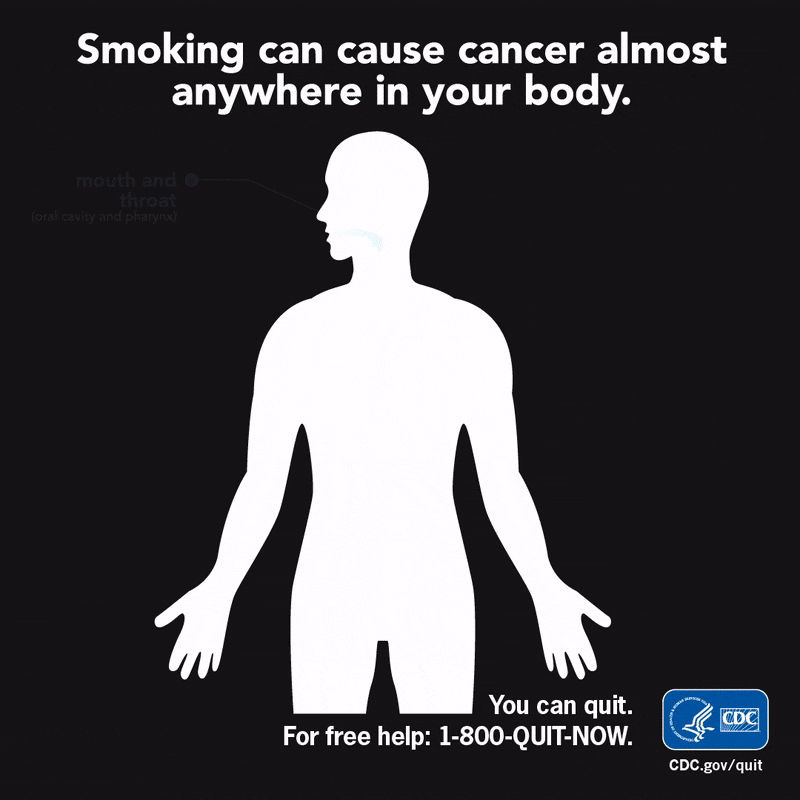Breathe Freely Again:
Energize Your Life by Quitting Smoking
If you're considering quitting smoking, you've come to the right place. Cigarette smoking remains one of the leading causes of preventable death worldwide, but the decision to quit can be the first step towards reclaiming control of your health and well-being. Whether you're just starting to contemplate quitting or you're ready to take action, we're committed to helping you every step of the way.
Beyond the Smoke: A Harsh Reality of Cigarette Smoking
In 2021, the CDC estimated 28.3 million people were cigarette smokers in the United States, accounting for 11.5% of adults, with 13.1% being men and 10.1% being women
According to the FDA, 70% of adult cigarette smokers express a strong desire to quit smoking
Cigarette smoking remains the leading cause of preventable diseases, disabilities, and death in the United States
Tobacco smoking claims 440,000 to 480,000 lives each year in the United States, demonstrating its significant impact on public health
Tobacco kills more Americans than AIDS, alcohol, drugs, homicides, fires, and auto accidents combined
Globally, tobacco-related products claim more than 9 million lives every year, including roughly 1.3 million individuals exposed to second-hand smoke, according to WHO
Tobacco use contributes to about 1 in every 5 deaths in the US, highlighting the pervasive and lethal nature of smoking-related illnesses
Smoking inflicts severe damage on human health, which can lead to diseases, disabilities, and impairments in almost every organ of the body
The Harmful Ingredients in Cigarettes
Acetone: active ingredients in nail polish remover
Ammonia: Helps you absorb more nicotine, keeping you hooked on smoking
Arsenic: deadly poison; makes your lips burn, your breath turn bad
Benzene: found in pesticides and gasoline; causes leukemia
Benzopyrene: one of the most potent cancer-causing chemicals.
Butane: highly flammable; a component of gasoline
Cadmium: found in batteries; damages liver, kidneys, and brain; stays in the body for years
Formaldehyde: Embalming fluid; causes cancer; can damage lungs, skin, and digestive system
Hydrogen Cyanide: used in the gas chamber; weakens your lungs
Lead: damages the brain, nerves, kidneys, and reproductive system; causes anemia and stomach problems
Phenol: used in disinfectants; weakens your lungs
Propylene Glycol: found in de-icer
Toluene: highly toxic; used in paint thinner
Transform Your Health: The Benefits of Being Smoke Free
AFTER 1 HOUR: Heart rate and blood pressure start to drop, immediately reducing the strain on your cardiovascular system
AFTER 12 HOURS: When cigarette smoke no longer prevents oxygen from entering the lungs, carbon monoxide levels in the blood return to normal
AFTER 24 HOURS: The risk of a heart attack begins to decrease
AFTER 48 HOURS: Sense of smell and taste begins to improve
AFTER 72 HOURS: Nicotine levels deplete in the body
AFTER 1 MONTH: Lung functions improve
AFTER 3 MONTHS: Circulation improves
AFTER 9 MONTHS: Lung cilia recover and become more effective at pushing mucus out of the lungs and fighting infections
AFTER 1 YEAR: The risk of heart disease decreases by 90% within one year of quitting smoking
Tips From Former Smokers
The CDC launched the TIPS campaign to raise awareness of the human suffering caused by smoking and to encourage smokers to quit. The video series below highlights 100+ compelling, personal stories communicating the real and devastating consequences of smoking.
Ready to Quit Smoking?
Uncover the Truth About Other Nicotine Delivery Devices










